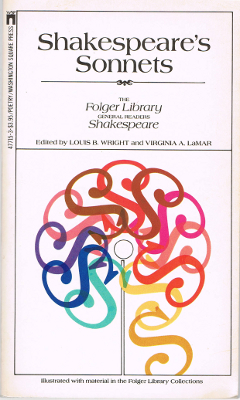Making science
Jan 24
2013

NPR posted an article this morning about Ewan Birney and Nick Goldman, two scientists from the European Bioinformatics Institute, who set out to explore the use of DNA as a method of storing information. Birney and Goldman decided to encode Shakespeare's sonnets, an audio clip of Martin Luther King Jr.'s "I Have a Dream" speech, and a picture of their office, and sent all the data off to a biotech company to be synthesized into DNA and mailed back. They ended up with what appeared to be empty test tubes, but were in fact test tubes containing very, very tiny specks of DNA sporting perfectly accurate replicas of their material.
I'm still unclear on the practical applications of this (issues of access, stability, etc.), but it would certainly make data storage more space-efficient: according to the article, if you took everything human beings have ever written—about 50 billion megabytes of text—and encoded it in DNA, that DNA would still weigh less than a granola bar.
I'm still unclear on the practical applications of this (issues of access, stability, etc.), but it would certainly make data storage more space-efficient: according to the article, if you took everything human beings have ever written—about 50 billion megabytes of text—and encoded it in DNA, that DNA would still weigh less than a granola bar.
Posted by: Julianka
No new comments are allowed on this post.
Comments
No comments yet. Be the first!